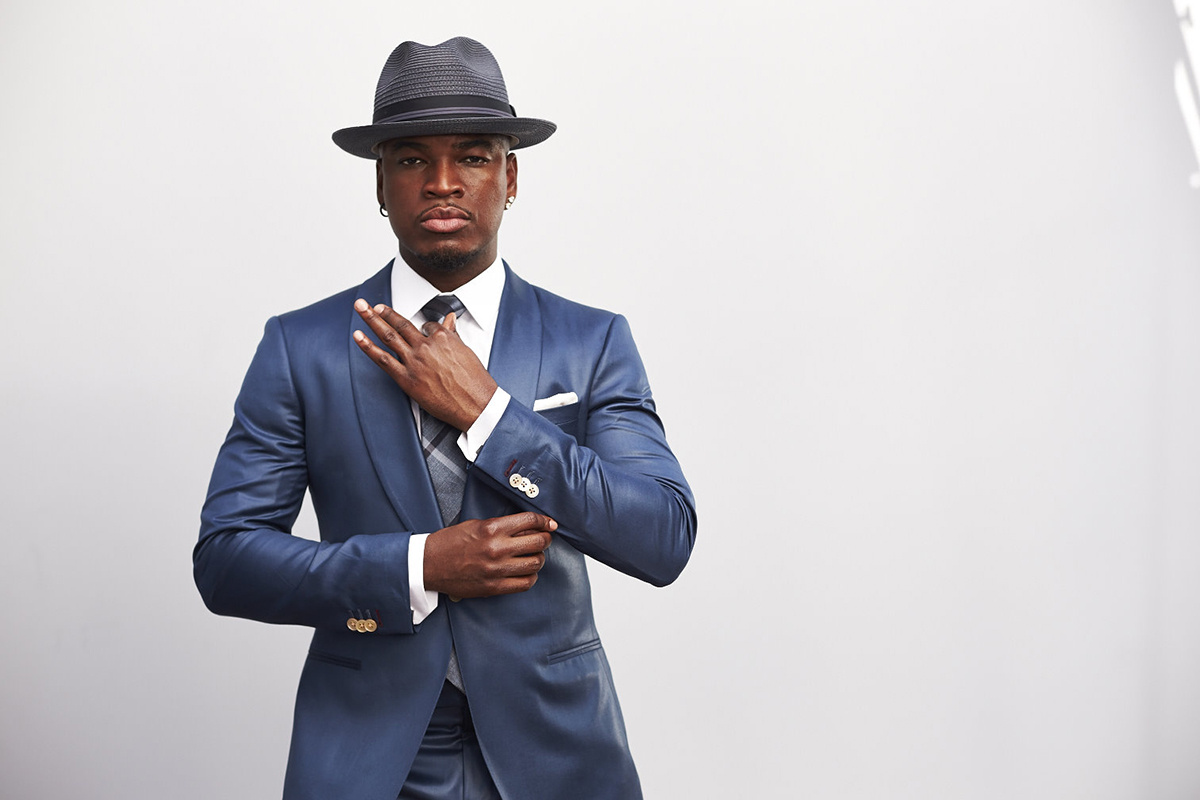
Songwriters aren’t getting a fair share of payouts from streaming giants like Spotify and Pandora. This week, that opinion doesn’t come from a publisher or a trade body, but a Grammy-winning, platinum-selling artist – Ne-Yo.
This week, that opinion doesn’t come from a publisher or a trade body, but a Grammy-winning, platinum-selling artist – Ne-Yo.
Ne-Yo has an interesting perspective on the debate around digital royalty payments, which can sometimes see artists/labels earn as much as 14 times what a songwriter/publisher receives.
He sits in both camps, writing or co-writing his and other stars’ material, as well as being a popular performer in his own right.
In a new open letter, the three-time Grammy winning artist attacks the US consent decrees which he says currently leave “the state of American songwriting on the verge of collapse”.
“Antiquated consent decrees have enabled streaming companies to enjoy billion dollar revenues at our expense.”
“Streaming companies such as Spotify and Pandora have quickly come to the defense of their revenue models, releasing figures from what they have paid in royalties and claiming that without streaming platforms, consumers will return to piracy — leaving the entire royalty system at risk of collapse,” he writes.
“As a songwriter, I find this to be an offensive and inaccurate argument.
“The antiquated consent decrees — which govern how the ASCAP and BMI license music, and subsequently has confined songwriter royalties to less than a market rate and enabled streaming companies to enjoy billion-dollar revenues at our expense — has the state of American songwriting on the verge of its own collapse.”
He then widens his argument to slam the fact that songwriter royalties in the States are determined by “federal regulations, rather than the free market”.
“This regulatory system was created more than 70 years ago and has not been updated since 2001, before the introduction of the iPod and before streaming music was made popular.
“More people are streaming more music today than ever before — and this is a good thing. I want fans to enjoy my music on whatever platform they choose. But I don’t want my music, and the music of my peers, to continue to be devalued by the streaming companies that reap the benefits of our work at our expense.”
“labels and artists often earn 14 times more than songwriters from a stream… a nonsensical disparity.”
Ne-Yo reports that it takes around a million streams for a songwriter to earn $90 – presumably from Pandora in particular – which is then shared by multiple pop writers.
“Songwriters see the smallest fraction of royalty payouts because we are limited in how we can negotiate,” he adds. “Meanwhile, record labels and recording artists often earn 12 to 14 times more than songwriters for a stream of the exact same song.”
He calls this difference between label/artist and publisher/songwriter income a “nonsensical disparity” – despite benefiting from these payments himself as an artist.
“Streaming companies know they are getting a good deal under the consent decrees and are taking advantage of an outdated system to become billion-dollar corporations at the expense of songwriters trying to earn a living and support their families,” he adds. “The time for change is now.”
Ne-Yo then encourages Congress to pass the Songwriter Equity act, which aims to dramatically adjust the statutory rate currently paid to songwriters by digital music. [Music Business Worldwide]

